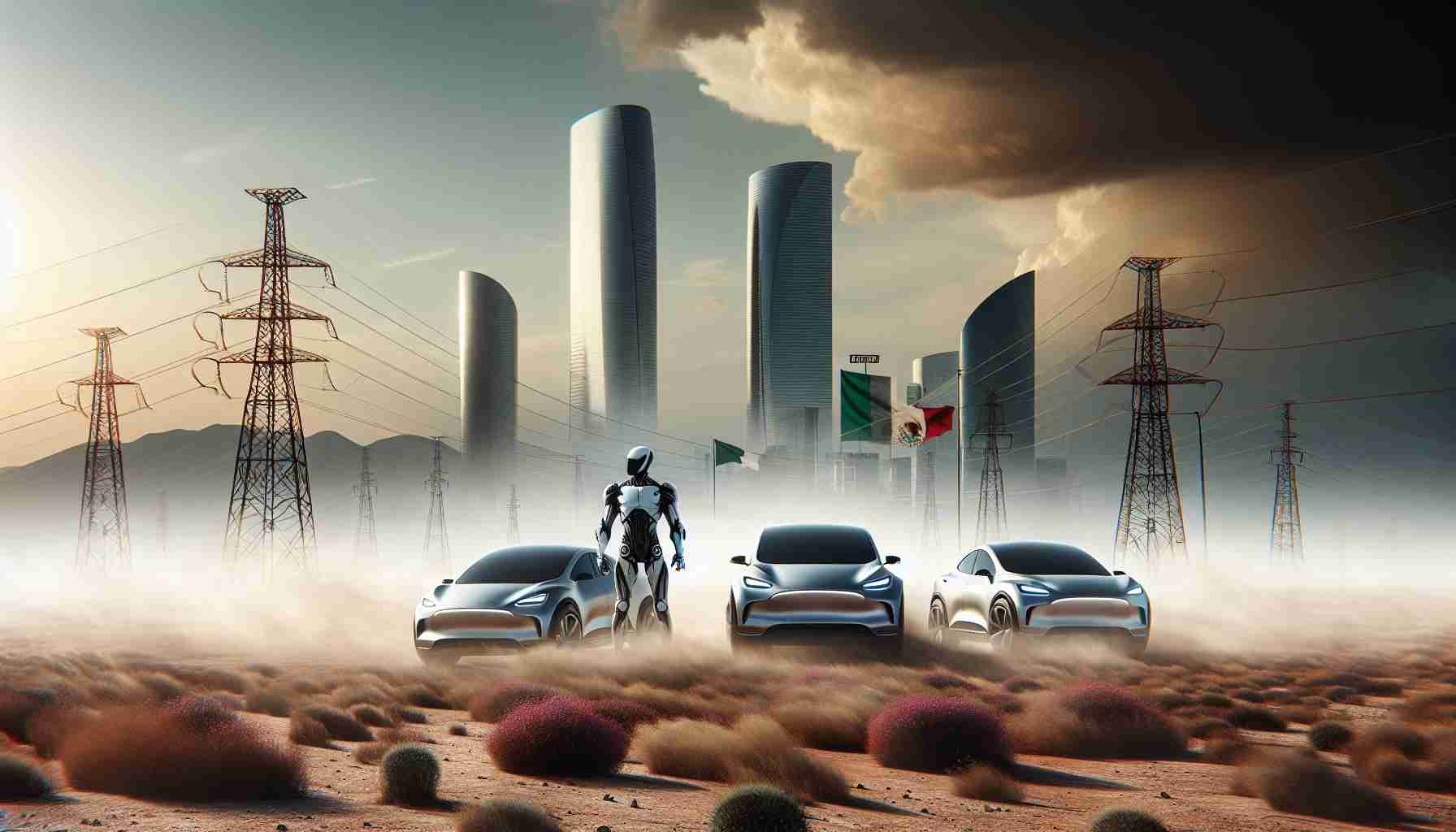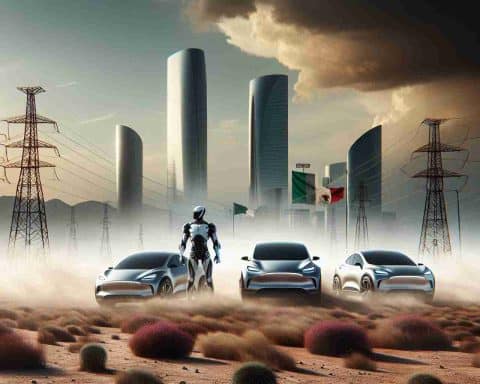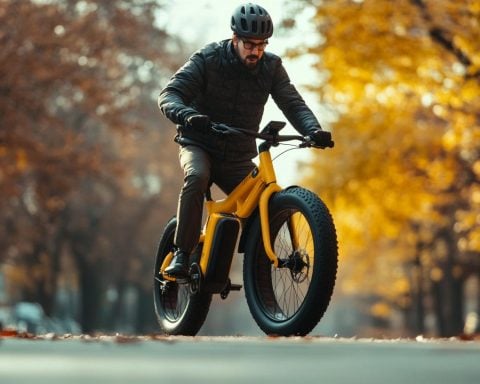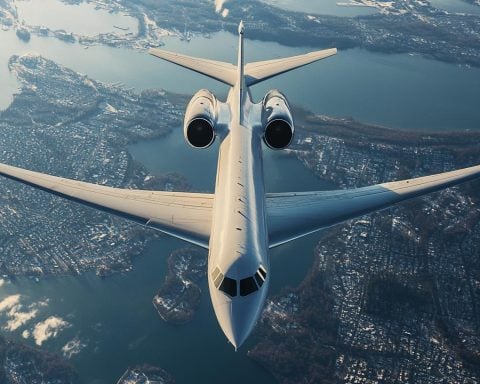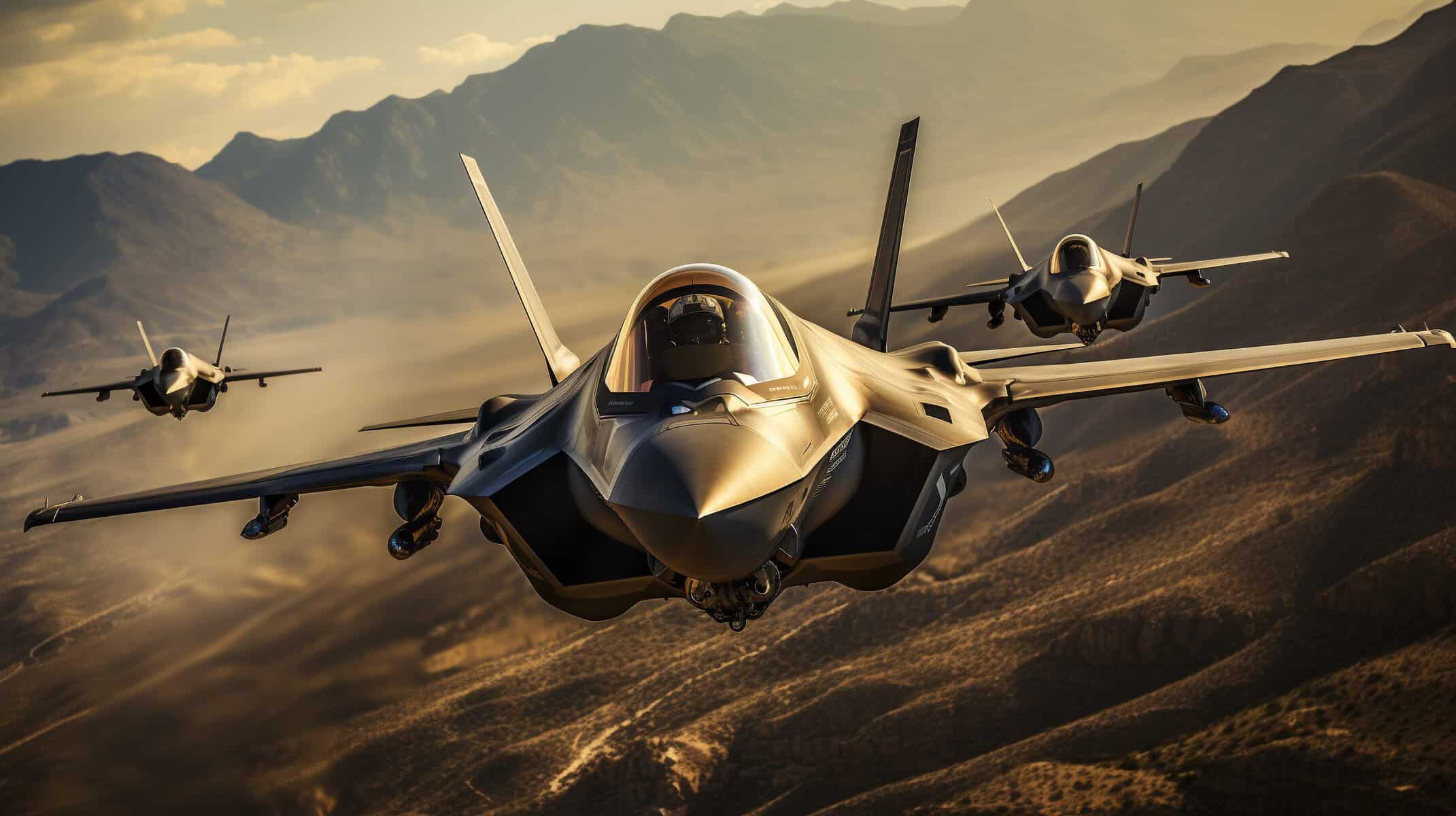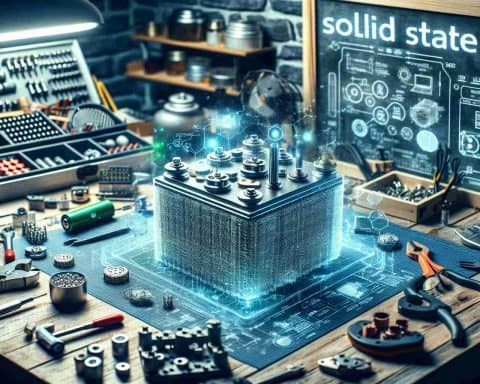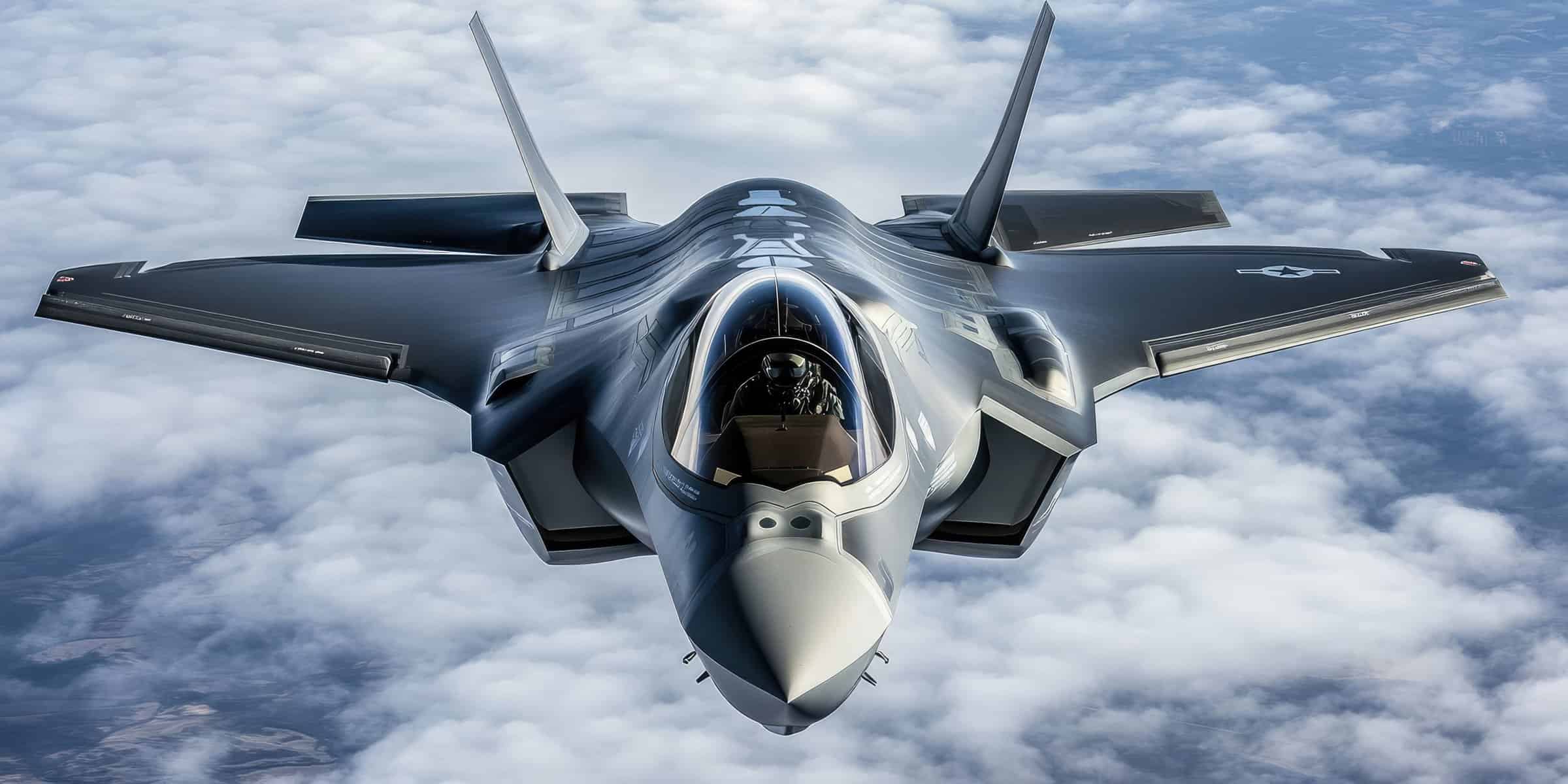BMW is gearing up to transform its electric vehicle lineup with groundbreaking production developments in San Luis Potosí, Mexico. In just a few years, this plant will be the birthplace of BMW’s highly anticipated next-gen battery-powered vehicles, the “Neue Klasse.” Although production is slated to begin in 2027, the groundwork is already underway for this ambitious venture.
The current San Luis Potosí plant, established five years ago, is buzzing with activity. Each day, it produces hundreds of 2 Series coupes, 3 Series saloons, and M2 coupes for markets worldwide. The facility handles both plug-in hybrid and combustion models. As part of its expansion, the plant aims to dramatically increase its capacity to handle the forthcoming all-electric Neue Klasse models.
BMW has impressive plans for the site’s expansion. The company proposes to add a staggering 861,000 square feet specifically for battery pack assembly, ensuring these future-ready vehicles have the latest technology at their core. Initial production for the Neue Klasse series will start in Debrecen, Hungary in 2025, featuring a new SUV model which is also expected to be produced in Mexico.
The bold design of the Neue Klasse’s battery pack involves directly assembling hundreds of cylindrical cells, a method that offers cost and space efficiencies. However, this innovative approach requires near-flawless precision during manufacturing. Any errors in welding could render battery packs useless, highlighting the critical need for meticulous quality control.
BMW’s upcoming EV platform is seen as crucial for maintaining its competitive edge, particularly in the rapidly evolving and competitive Chinese market. The company’s existing EVs, including the i7, i4, i5, and iX, have already shown promising success, paving the way for this next evolution.
Revolution in Electric: The Impact of BMW’s Neue Klasse on Global Markets and Communities
Introduction
BMW’s ambitious plan to expand its electric vehicle (EV) lineup with the innovative “Neue Klasse” models, starting production in San Luis Potosí, Mexico, by 2027, marks a transformative leap in the automotive industry. While this development reflects advancement in technology and manufacturing, it also heralds significant impacts on various facets of life across the globe beyond what’s commonly discussed.
Economic Implications
For the local economy in San Luis Potosí, the expansion of BMW’s plant represents not only a boost in job creation but also an influx of technology and skill development. The need for expertise in high-precision battery assembly is likely to generate specialised training programmes, enhancing the workforce’s skill set. This could lead to a more robust local economy, reducing unemployment rates and increasing the quality of life for residents.
Globally, the initiative will bolster BMW’s position in the fiercely competitive EV market, particularly in regions like China, where demand for electric vehicles is surging. By strengthening its foothold, BMW is expected to drive forward the global shift to cleaner, electric-powered transportation.
Environmental Impact
BMW’s focus on all-electric vehicles aligns with broader environmental goals, reducing reliance on fossil fuels and lowering emissions. The Neue Klasse models emphasise sustainability not only in vehicular emissions but also throughout the production process, potentially setting new industry standards. However, the energy and resources required in manufacturing, particularly in mining and processing battery materials, raise concerns about the overall lifecycle environmental footprint.
Interesting Facts and Controversies
A curious aspect of the Neue Klasse battery design is its cylindrical cell assembly, which diverges from the more conventional pouch or prismatic cells. This design shift promises efficiency in space and cost but presents challenges in manufacturing precision. Any deviation in quality control could result in defective battery packs, sparking controversy over the reliability of new battery technologies.
Moreover, BMW’s choice of location for their plant expansion to Mexico brings geopolitical considerations. While boosting the local economy, it raises questions about the conditions of labour and the environmental regulations in place. Balancing economic growth with ethical manufacturing practices and environmental stewardship will be critical.
Advantages and Disadvantages
Advantages:
– Job Creation and Economic Growth: The plant’s expansion is set to create numerous jobs, stimulate local economies, and elevate skilled labour profiles.
– Technological Advancements: Adoption of new battery technologies could translate into longer-range and more efficient EVs, benefiting consumers globally.
– Sustainability Leadership: Positioned as a leader in reducing vehicle emissions, BMW could catalyse industry-wide shifts toward greener technologies.
Disadvantages:
– Manufacturing Challenges: The high-precision required in battery assembly elevates risks of production flaws, potentially leading to significant wastage.
– Resource-Intensive Production: The environmental and social costs associated with battery material extraction and processing pose substantial challenges.
– Geopolitical Implications: Expansion in different global regions may invite scrutiny concerning labour practices and local environmental impacts.
Frequently Asked Questions
Will BMW’s expansion meet the rising EV demand effectively?
Yes, BMW’s strategic enhancements, including the large-scale assembly facility in Mexico, are intended to meet escalating global demand for EVs. However, success depends on overcoming production and supply chain challenges.
How does the Neue Klasse battery design fit into BMW’s sustainability strategy?
The design aims to improve efficiency and reduce costs, aligning with BMW’s goal to produce sustainable vehicles. Yet, ongoing assessments are necessary to ensure that manufacturing processes adhere to environmental ideals.
Suggested Related Links:
– BMW
– Tesla
– Volkswagen
In summary, BMW’s transition to the Neue Klasse marks a pivotal moment in the automotive sector, intertwining economic, environmental, and technological threads to shape the future of transportation. While presenting an array of positive developments, the journey demands a careful navigation of complex challenges.

